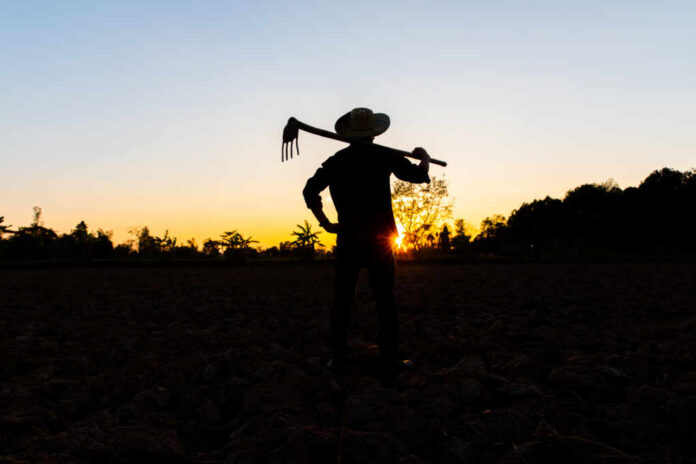
Brazilian microbiologist Mariangela Hungria has won the 2023 World Food Prize for her revolutionary use of soil bacteria in farming, reshaping global agriculture and turning Brazil into the top soybean producer.
At a Glance
- Mariangela Hungria wins the World Food Prize for sustainable farming innovation
- Brazil’s rise as a top soybean exporter is credited to her soil bacteria research
- Her methods reduce chemical fertilizer use and protect the environment
- The prize celebrates her global impact on food security and soil health
- Hungria plans to launch a new award for women in agricultural science
Science vs. Skepticism
Mariangela Hungria spent decades championing a path few believed in—using soil bacteria to grow crops without chemical fertilizers. This year, her vision was vindicated when she was awarded the prestigious 2023 World Food Prize, often dubbed the Nobel of agriculture. Her pioneering work in nitrogen fixation using microbes like rhizobia has transformed Brazil’s farming landscape and helped make it the world’s top soybean producer.
“I still cannot believe it,” Hungria said. “Everybody said, my whole life, it’s improbable, you are going the wrong way… and then I received the most important prize in agriculture.” Her journey began at the Federal Rural University of Rio de Janeiro, inspired by her grandmother and fueled by a passion for sustainability and soil science.
Watch a report: How Soil Bacteria Changed the World
Green Revolution, Brazilian Style
The heart of Hungria’s work is biological nitrogen fixation—a natural alternative to synthetic fertilizers. By promoting symbiotic relationships between crops and bacteria, her methods improve soil health, reduce environmental harm, and prevent deforestation. It’s a model that’s been embraced across South America and studied worldwide.
As Gebisa Ejeta noted, “Her brilliant scientific work… has gained her global recognition.” These techniques not only increase yields but also sidestep the environmental damage often caused by industrial farming.
Hungria’s vision merges economic growth with ecological integrity, challenging the notion that large-scale agriculture must depend on chemical inputs or massive government intervention.
A Future Led by Women in Science
With her $500,000 prize money, Hungria plans to create an award honoring women in agriculture, ensuring that more voices like hers are heard in a field long dominated by men. Her story is one of determination, science, and a deep belief in working with nature—not against it.
“When I started my career,” she recalled, “everybody was like, ‘You’re crazy! You will never succeed.’” Today, those critics have gone quiet. And in their place stand fields of soybeans, nourished not by chemical runoff, but by microbial magic.
Hungria’s legacy is now global. From the lab to the farm to the international stage, her work proves that sustainability and science can grow not just crops—but hope for the planet’s future.


























